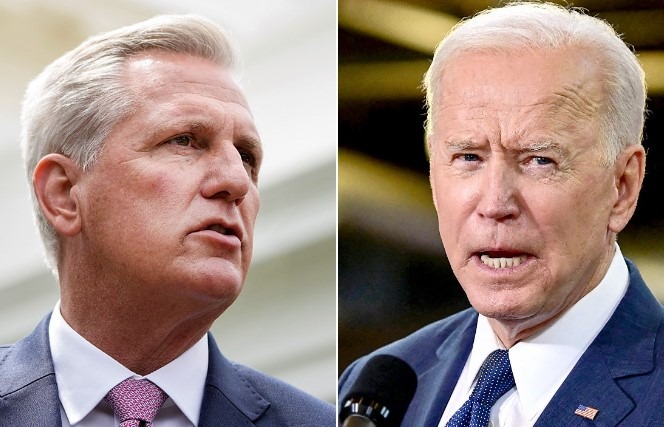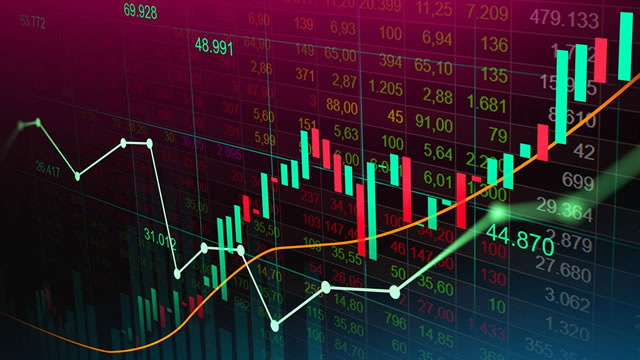Let’s Talk about the US Government’s Borrowing Limit
What’s the Debate All About?
Morgan Stanley’s US equity strategist Michael Wilson recently made a statement regarding the debate surrounding the US government’s borrowing limit. According to Wilson, this issue will likely trigger sharp swings in equity markets. Most clients seem to believe that the situation will eventually be resolved, but not without some near-term volatility. Many have even gone so far as to frame the event as “a lose-lose for markets.”
Why Does It Matter?
If the US Treasury’s cash runs out, it could potentially squeeze liquidity and lead the S&P 500 lower. This is due to the index’s sensitivity to changes in liquidity in recent history. The outcome of this debate could have significant implications for the stock market and investors as a whole.
While it’s easy to get caught up in the numbers and projections, it’s important to remember that the stock market is inherently volatile. Events like the US government’s borrowing limit debate can create uncertainty and cause markets to react in unpredictable ways. As investors, it’s crucial to stay informed and be prepared for any potential outcomes.
How Will This Affect Me?
As an individual investor, the impact of the US government’s borrowing limit debate on your personal finances will largely depend on the decisions you’ve made regarding your investments. If you have a diverse portfolio that is well-positioned to weather market fluctuations, you may be able to withstand any short-term volatility that arises from this issue. However, if you have a more concentrated portfolio or are heavily invested in equities, you may experience greater effects from any market shifts that occur as a result of this debate.
How Will This Affect the World?
The outcome of the US government’s borrowing limit debate could have far-reaching consequences beyond just the stock market. A failure to raise the borrowing limit could result in a government shutdown or default, which could impact the global economy and financial markets. It could erode confidence in the US as a stable and reliable economic powerhouse, leading to ripple effects that affect markets worldwide. International investors and businesses would also likely feel the effects of such an event, as it could disrupt the flow of capital and trade between countries.
Conclusion
While the debate over raising the US government’s borrowing limit may seem like a distant and abstract issue, its potential impact on equity markets is very real. Investors should stay informed and be prepared for potential volatility as this situation unfolds. By staying proactive and diversified in their investment strategies, individuals can navigate any market turbulence that arises from this debate.





